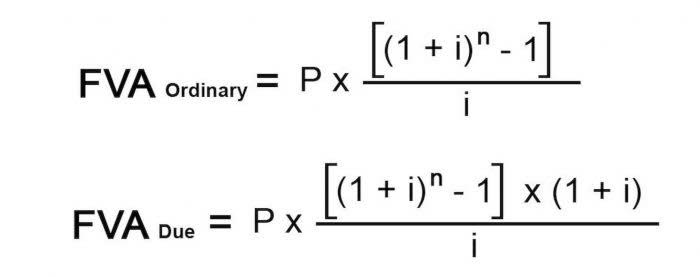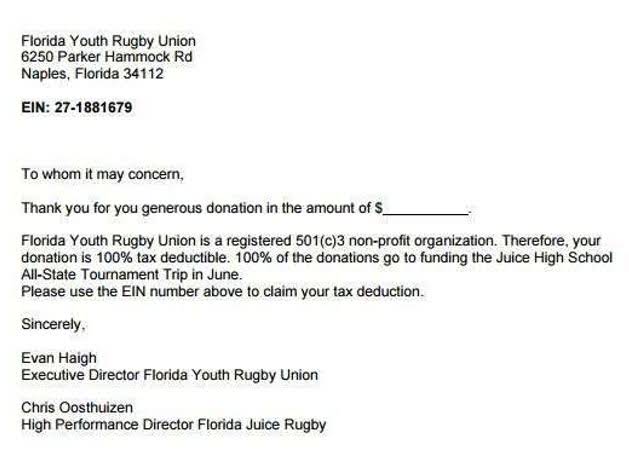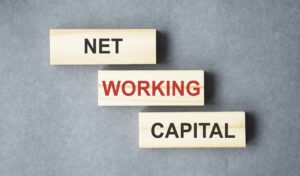
Firstly, you’ll have quick access to funds – factoring companies usually approve the money more quickly than bank loans and traditional financing, and you can access your accounts receivables more quickly. Secondly, invoice factoring isn’t a loan (it’s a sale), so it doesn’t affect your creditworthiness – there’s no credit check and you don’t need any collateral. And thirdly, you can offer longer payment terms to customers and still receive payment. The purpose of a factoring company https://www.bookstime.com/articles/how-to-prevent-duplicate-payments is to provide invoice factoring services to businesses that need access to cash before their accounts receivable are due.
- Rather than waiting weeks for customers to pay, you can keep operations running smoothly, meet payroll, or invest in growth.
- Cash flow can be a problem for businesses that offer generous payment terms to their clients.
- Brokerage services for Atomic are provided by Atomic Brokerage LLC («Atomic Brokerage»), member of FINRA/SIPC and an affiliate of Atomic, which creates a conflict of interest.
- You may have policies in place for when this happens, but what if you’ve sold the invoice to a factor?
- If you want to compare your options before choosing a lender, Lendio has you covered.
Small Business Factoring vs. ACH/MCA Loans
- Each factoring company has its own application process, so talk to a representative to learn more about the relevant application form, approval process and average turnaround time.
- Cash-flow issues are one of the most common problems small businesses face, and invoice factoring could be a potential solution.
- You need money but don’t want an option that affects (or potentially hurts) your credit rating.
- By understanding the process, types, benefits, drawbacks, and eligibility criteria, businesses can make informed decisions about whether this financial solution is right for them.
Merchant Maverick’s ratings are not influenced by affiliate partnerships. Enjoy zero annual or late fees, 1.5% cashback on all business purchases, and a flexible credit limit with the Stripe Corporate Card. Invoice financing and invoice factoring are often used interchangeably, however, there are a number of distinctions between the two. With all of this information in mind, let’s break down an invoice factoring example to get a more comprehensive understanding of this invoice factoring type of financing. Factoring companies handle invoice follow-ups and collections, freeing up your team to focus on growing your business instead of chasing payments. From replacing equipment to paying bills, running a small business requires money—but you may not always have the cash flow when you need it.

Industries
- This is because factors focus on the creditworthiness of the business’s customers, rather than the business itself.
- The exact fee will depend on the amount of the invoices and the creditworthiness of your customers.
- Under this approach, the factoring company becomes responsible for collecting outstanding invoice balances, not the business itself.
- Meanwhile, invoice financing involves borrowing against them, effectively using them as collateral for a loan.
- Fast approvals and quick funding can be alluring, but these conveniences may come at a cost.
They may also have relationships with other service providers such as insurance brokers and construction attorneys. They will even work with other factoring companies, meaning that if the factoring company is not a good fit, the factor will be able to refer to another that is. Whether you’re new to factoring or looking to upgrade your process, FactorCloud can help you move faster, stay organized, and scale with confidence. Our software makes the invoice factoring process easier by automating schedule creation, integrating collections, and offering a full suite of reporting tools designed for factoring companies of all sizes. Instead of waiting for your client to pay the invoice, you decide to use a factoring company like Quickpay Funding. The factoring company agrees to buy your invoices and advance you 90% of the https://www.capelcsltd.com/what-is-fasb-financial-accounting-standards-board/ total invoice amount for a 2% factoring fee.

Fast Access to Working Capital

Nevertheless, the important difference here is that with invoice financing, you remain responsible for your invoices and collecting payments from your customers. Finally, when it comes to invoice factoring rates, you’ll also want to understand the difference between recourse and non-recourse invoice factoring. You apply for invoice factoring and the factoring company agrees to advance you 80% of the invoice value upfront. You receive $160,000 and the remaining $40,000 is held by the factoring company. In this guide, therefore, we’ll break down everything you need to know about invoice factoring so that you can decide if it’s the right financing solution for your business.

Invoice factoring enables you to convert unpaid invoices into cash for your business. Cash-flow issues are one of the most common problems small businesses face, and invoice factoring could be a potential solution. Unlike traditional loans, invoice factoring does not involve taking on debt. Instead, it is the sale of an asset (invoices), which makes it a more flexible and accessible option for many small businesses. While both invoice factoring and invoice financing can cover cash flow gaps, it’s important to understand the difference between the two before you decide which one will work for your business. As a publicly traded bank, Triumph Business Capital offers a variety of products, such as equipment financing, asset-based lending, and traditional term loans.
- Of course, you will be responsible for paying any loan processing, closing costs or other fees to the lender with whom you close.
- Approval can happen in a day or two, with funds available shortly after.
- In this case, you’ll sign a long-term contract — typically six months or longer — that will require you to sell all or most of your invoices to the factor.
- With non-recourse factoring, the factor takes over that risk—in exchange for higher fees.
- Factor fees, whether fixed or variable, typically range from 0.50% to 5% per month an invoice remains outstanding.
- AltLINE offers fast invoice factoring through an online-based process.
Accounts Receivable Factoring: How It Works, How Much It Costs

Your business growth doesn’t have to wait just because you have unpaid invoices. While invoice factoring isn’t the only solution, it’s a viable option if you need immediate working capital to keep your business running smoothly. But total costs vary, and you might run into additional costs, including documentation fees, processing fees, carrier payments, buyout fees, early termination fees, servicing fees, and credit check fees. Always read the fine print to ensure you understand your costs before signing. Once the outstanding invoice balances are collected, the factoring company pays the business the remaining balance minus the factoring fees.

Добавить комментарий